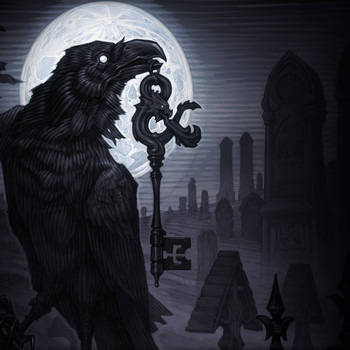Is the record of past events that we call history a totally accurate description of the events as they actually happened?
1 Answer
Not at all. However, as a general rule, the more recent the history, the more accurate the description.
Explanation:
The record of history was often changed, intentionally and unintentionally, by historians. This is due to obvious bias, bias the historians are not even aware of and a lack of information.
I would argue that there are always discrepancies between the written record and the actual events. However this is not to say that there is no truth in history, historians usually agree on the major facts, however it is far from "a totally accurate description of events".
For example, we have several "historians" who wrote on Hannibal's attempted invasion of Rome. However most had political reasons to like or dislike Hannibal, most never travelled to the paths that Hannibal took, yet still wrote in great detail about it. Furthermore, more so in ancient history than history, most were not writing to give an accurate account of events for posterity, but rather for other reasons.
Some roman historians wrote very highly of Hannibal, as indirect characterisation of the strength of the Roman nation (to show that, despite Hannibal's prowess as a military commander, even he could not defeat Rome).
Perhaps the greatest example of this is Livy, who wrote not only to entertain, rather than inform of the events, but consistently makes Roman values of integritas win out. Furthermore, despite being a scholar, had no actual military knowledge, nor did he understand quite basic geography. For example, Hannibal moved westwards, came to the Rhone - a river - "turned left" and went south.
Another famous "historian", Polybius, wrote an account of Hannibal's attempted invasion of Rome to teach a lesson - he wrote many biographies of many famous historical figures and changed their stories to better emphasise the "moral" of the story. Despite being Greek, he had patrons in Rome within the Scipio family, therefore was also bias against Hannibal.

